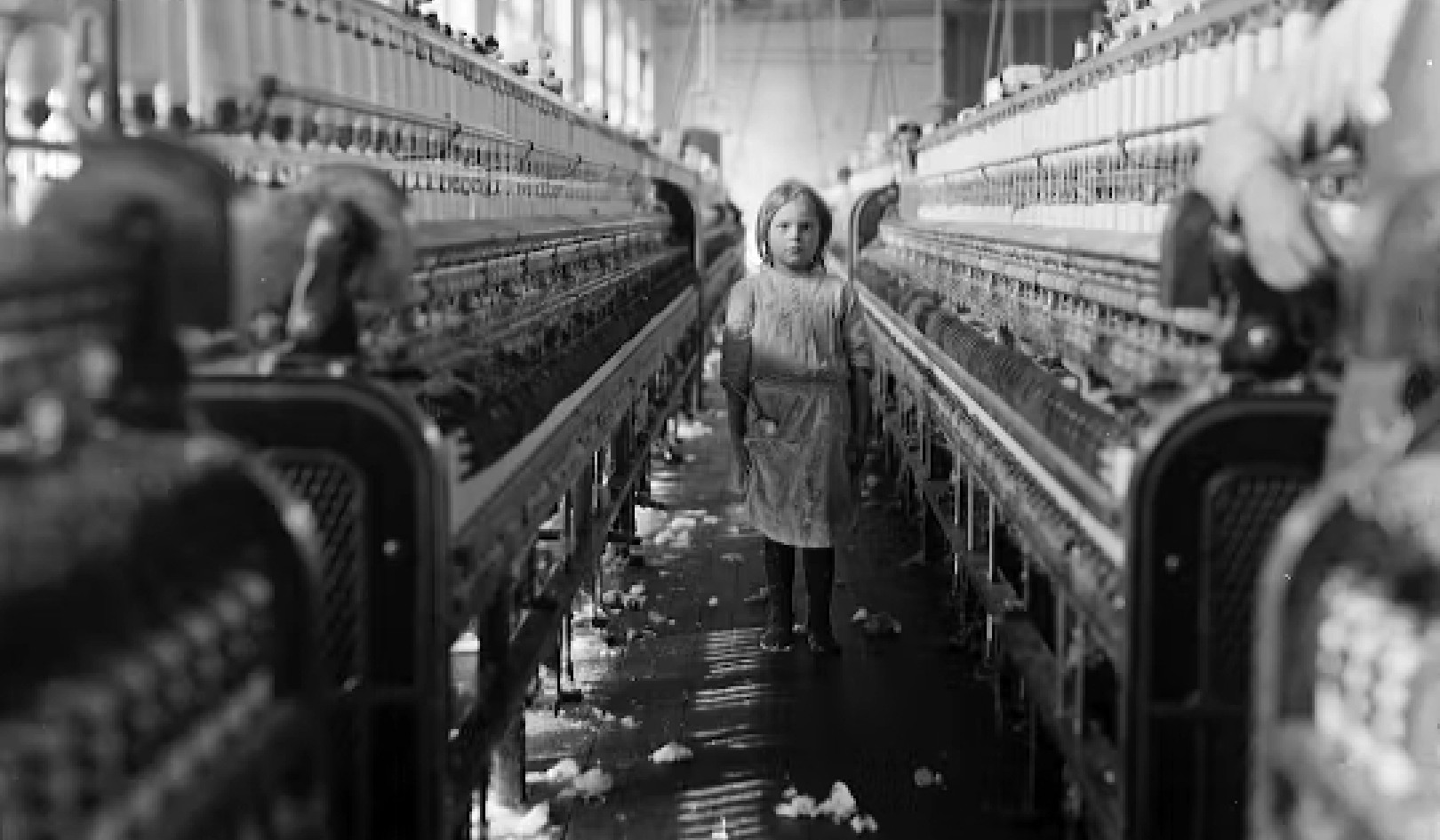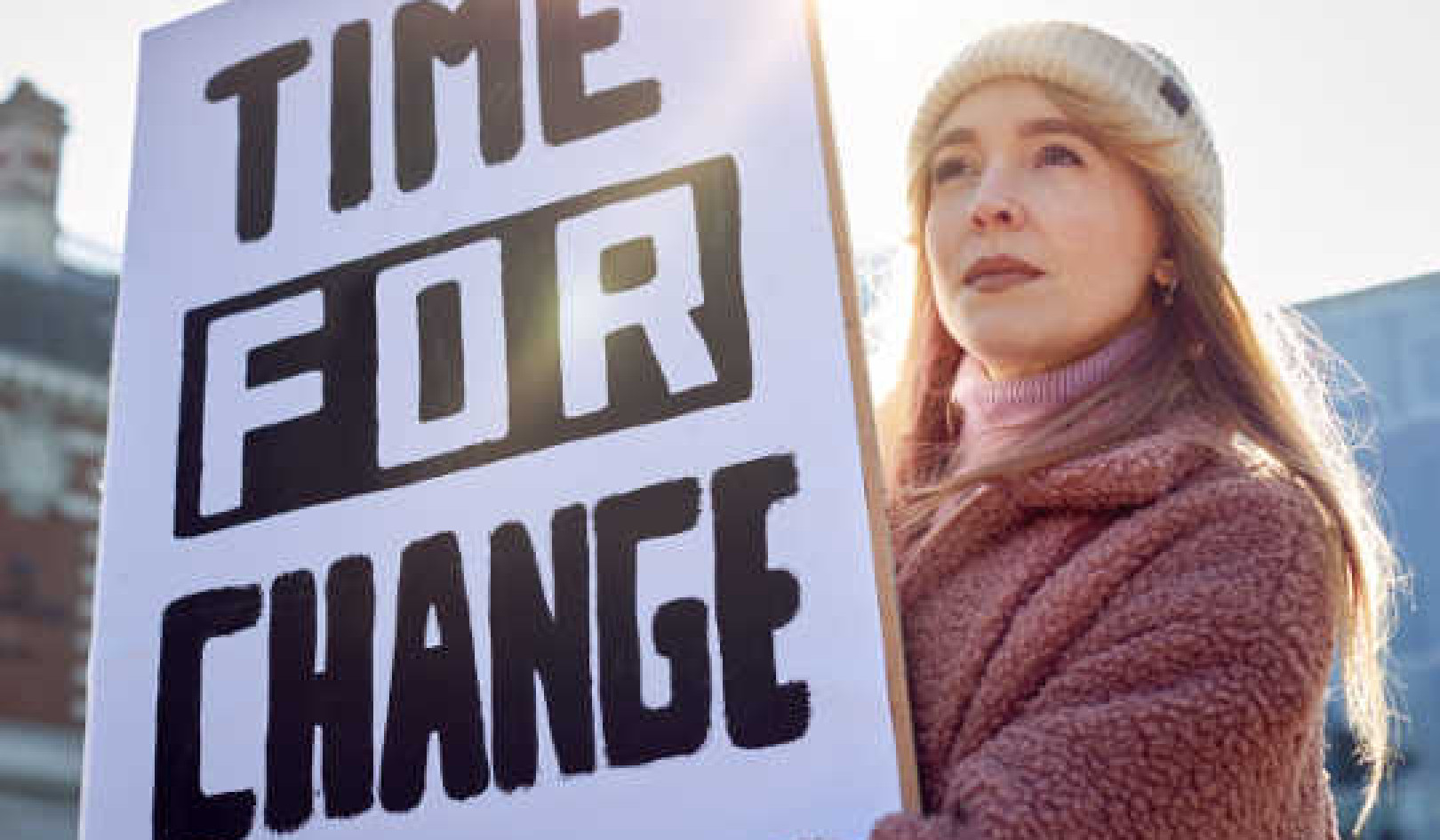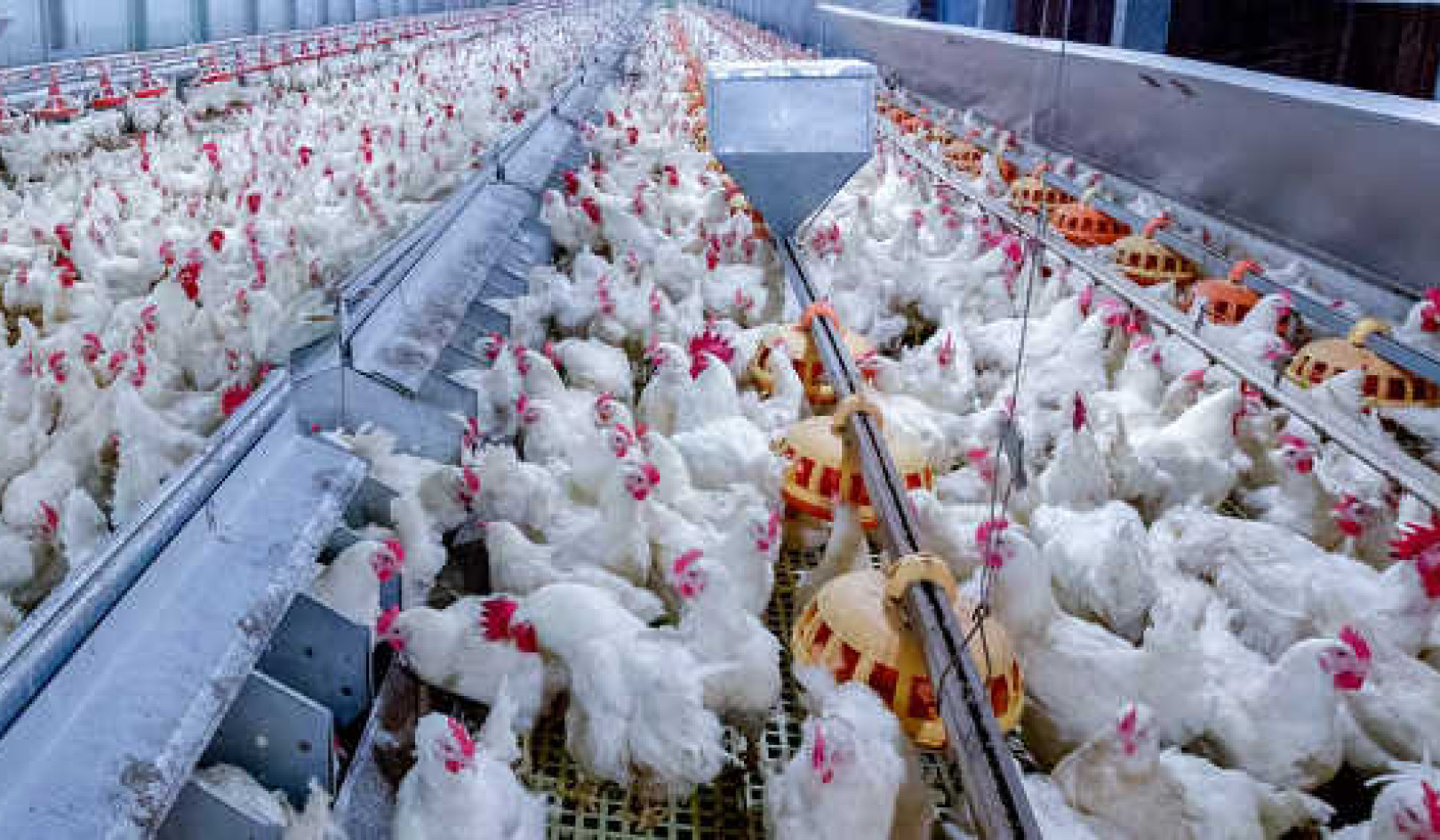
Image by Free-Photos
Bad news sells because the amygdala is always
looking for something to fear.
— Peter H. Diamandis
Negative news reporting and highlighting problems is vital in helping society improve. Through negative reporting, the news industry has righted many wrongs, kept people safe and created legislation for our betterment. We look at some of the reasons why this kind of news is, and always will be, important to us.
Lyndon B. Johnson was sworn in as president of the United States in 1963, after the assassination of John F. Kennedy. Johnson made a significant contribution to the American people during his time in office. He instigated changes in civil rights legislation, for example, and created major social programmes like Medicare, Medicaid, Head Start and food stamps. Yet these were not his defining legacy. Instead President Johnson is most remembered for increasing America’s involvement in the Vietnam War, which received an enormous amount of negative press.
In fact, the coverage he received was so bad that he once complained to Henry Luce, editor of Time magazine, waving a copy of the latest issue and saying, ‘This week 200,000 ethnic minorities registered in the south, thanks to the Voting Rights Act. Three hundred thousand elderly people are going to be covered by Medicare. We have one hundred thousand young kids working in troubled neighbourhoods. None of that is in here!’ To which Luce replied, ‘Mr President, good news isn’t news. Bad news is news.’
Researchers have since found conclusive evidence to confirm Johnson’s suspicion of a negativity bias in the news. One of the many experiments that demonstrate this was created by a journalist, who wrote a positive and negative version of ten different news stories to test what members of the news industry preferred. He found that when presented with these ten stories, the majority of industry professionals chose the negative versions of the stories, both in terms of perceived importance and professional preference.
A more comprehensive test carried out in 1996 monitored one hundred news broadcasts on four different television stations over a six-month period from 24 September 1991 to 13 March 1992. This was 1,789 news stories, with a total duration of 146,648 seconds. These monitored stories were then analysed in order to be able to be categorised, and the results showed that stories of violence, conflict and suffering dominated the news and were given priority as the top stories of the day.
How Newsworthy Is A Story Considered To Be?
Negativity has become a key indicator for how newsworthy a story is considered to be, not only by the industry but also by us, the consumers. And many news professionals and news consumers will tell you that there is good reason to report bad news. They will say that it is important to know about the negative aspects of humanity, and about the problems and challenges facing the world. I couldn’t agree more. This kind of reporting enables the news to play the role of watchdog in society, shining a light on many of the world’s ills and injustices that need addressing.
Joseph Pulitzer, after whom the revered Pulitzer Prize award is named, said: ‘There is not a crime ... there is not a vice which does not live in secrecy. Get these things out in the open, describe them, attack them, ridicule them in the press, and sooner or later public opinion will sweep them away.’
Exposing Problems and Challenging Injustice
Exposing problems and challenging injustice through news reporting has been vital in helping us understand, confront and correct them. It is by engaging with a problem that we can begin to solve it; this is what has enabled society to progress. This kind of reporting has righted many wrongs, kept people safe and created legislation for our betterment.
Highlighting injustices has helped give birth to courageous and progressive movements like those for women’s rights and racial equality, forging a path to progress. There is resistance from people both inside and outside of the news to acknowledge progress in society because it can sometimes be considered to undermine the ongoing suffering that exists. It can be seen to be ignoring the fact that there is still a long way to go. But acknowledging progress doesn’t have to mean that we ignore ongoing problems. We can recognise ways the situation has improved but that a problem still exists.
Creating Fertile Ground For Improvement
While injustice still exists, news reporters will continue to report negatively. And by reporting on problems, they create fertile ground for improvement. This is because in order to be motivated to improve, you must first be dissatisfied with where you are. It is this dissatisfaction that creates a desire for something better.
If we are to continuously improve, as has been the case over the last millennia, then in theory we have to be semi-permanently dissatisfied with the state of the world. This is why there will always be, and will always need to be, negative news reporting.
By bringing the public’s attention to negative issues and sparking social debate, news journalists can create pressure on governments, organisations or individuals to make society better in some way. This kind of journalism is about mobilising people to unleash their potential and become a catalyst for change.
The authors of the insightful and stimulating book The Journalism of Outrage say, ‘By exposing villainy and victimisation, the investigative reporter attempts to achieve one of the noblest aims in contemporary journalism: activating the conscience of citizens to promote the public interest. The journalism of outrage is, thereby, a vehicle for fulfilling the social obligations of modern media.’ This illustrates the important responsibility news organisations have to help make the world a better place.
In these cases, the importance of the information is not judged on profitability but instead on its social impact and its consequences. In his book A Force for Good, Rodger Streitmatter, a professor of journalism at American University, offers some examples of how journalism, at its best, can play a significant role in propelling positive social and economic development.
He describes the way the news reported on things like the Charles Ponzi financial scam, child labour, the Roman Catholic Church sex scandals, as well as supportive coverage of events including Ellen DeGeneres coming out as a lesbian, Jackie Robinson breaking the colour barrier in major-league baseball, and Bess Myerson becoming the first Jewish Miss America. These examples of brilliant news reporting show that the press can act as both watchdog and guide dog, helping us understand issues and aspire to something better.
Hard-Wired to Pay More Attention to Bad News?
It is possible for us to acknowledge the role of negative news with reason and logic. But the role it plays is in fact as biological, evolutionary and instinctive as it is intellectual and philosophical. Reporting negativity fulfils our evolutionary need to monitor our environment for potential threats or dangers that require immediate attention in order to protect ourselves against them. As humans we are therefore hard-wired to pay more attention (voluntarily or involuntarily) to bad news than good news.
However, the way in which the news is reported nowadays can instead exploit a perverse interest in bad news for commercial gain, and what was once an adaptive advantage has become maladaptive simply because we have far too much of it. We now have an excessively negative news narrative which creates a situation in which it can be more harmful than helpful.
Stories of violent crime and tragic loss that may have no significant bearing on our own lives are so commonly reported because they are shocking; they satisfy and engage us through stimulating our ‘morbid curiosity’. This phrase was coined to describe our fascination with the negative or disturbing content of the news, and has been linked to the psychological characteristic of thrill-seeking, suggesting that the motivation to read this content is driven by our need for arousal.
The kinds of stories that stimulate this reaction are not necessarily examples of good-quality journalism but are instead made up of sensationalism, fluff and entertainment rather than substantive news reporting. They exist because of the short-term audience engagement that they create.
This strategy of satisfying the instinctive appetites of the public has been criticised on the grounds that it leads to a dumbing down of journalism, which undermines the critical informative role the news plays in a democratic society. News organisations’ fear of being boring has forced them to overcompensate with excessive promotion of conflict and violence in an effort to make the news more exciting. They employ entertainment tactics: constructing enticing headlines, using graphic images and highlighting controversial segments of a piece.
We are often given more in the way of immediacy and excitement than we are given context and the relative importance of the event. This is incredibly short-sighted, and it is this kind of journalism which is eroding the quality and credibility of the news.
Good-Quality Journalism and Bad-Quality Journalism
There is a clear difference between exposing wrongdoings with the intention of providing the clarity and information needed to mobilise change, and creating negative news stories that simply prey on our morbid curiosity. This is usually the point of distinction between good-quality journalism and bad-quality journalism. But it can sometimes be difficult to tell the difference between the two.
President Theodore Roosevelt recognised the difference between important investigative journalism and its cheaper imitation of confrontational media when he said, ‘The men with the muck-rakes are often indispensable to the well-being of society, but only if they know when to stop raking the muck.’ But the fact is, many news organisations, most commonly tabloid news organisations, don’t.
The kind of reporting that takes advantage of our morbid curiosity and our need for arousal is like a cheap counterfeit product, imitating the real thing and confusing the consumer. This imposter is eating away at the news industry, guzzling more of the budget and growing in size.
The Real Threat To The News Industry
At the same time, investment into the kind of investigative journalism that is ‘indispensable to the well-being of society’ is in decline. The real threat to the news industry, therefore, is not an increasingly disinterested public or declining audience numbers. Instead it is a threat from within, as news organisations cheapen the quality and credibility of their product to maintain their profits.
It could be argued that this kind of news ‘production’ has undermined the valuable reasons why negative news reporting is vital in helping society improve. We can remind ourselves that through negative reporting, the news industry has righted many wrongs, kept people safe and created legislation for our betterment, and for this reason, this kind of news is, and always will be, important to us.
Despite the undeniable benefits of reporting negative news, there is a psychological and sociological downside created by its excessive presence and it is high time we looked at this too. The purpose of doing so is not to discredit its existence, but instead to highlight ways it could be improved.
©2019 by Jodie Jackkson. All Rights Reserved.
Excerpted with permission.
Publisher: Unbound. www.unbound.com.
Article Source
You Are What You Read
by Jodie Jackson
 In You Are What You Read, campaigner and researcher Jodie Jackson helps us understand how our current twenty-four-hour news cycle is produced, who decides what stories are selected, why the news is mostly negative and what effect this has on us as individuals and as a society. Combining the latest research from psychology, sociology and the media, she builds a powerful case for including solutions into our news narrative as an antidote to the negativity bias. You Are What You Read is not just a book, it is a manifesto for a movement. (Also available as a Kindle edition and as an Audiobook.)
In You Are What You Read, campaigner and researcher Jodie Jackson helps us understand how our current twenty-four-hour news cycle is produced, who decides what stories are selected, why the news is mostly negative and what effect this has on us as individuals and as a society. Combining the latest research from psychology, sociology and the media, she builds a powerful case for including solutions into our news narrative as an antidote to the negativity bias. You Are What You Read is not just a book, it is a manifesto for a movement. (Also available as a Kindle edition and as an Audiobook.)
About the Author
 Jodie Jackson is an author, researcher and campaigner, and a partner at The Constructive Journalism Project. She holds a master’s degree in Applied Positive Psychology from the University of East London where she investigated the psychological impact of the news, and she is a regular speaker at media conferences and universities.
Jodie Jackson is an author, researcher and campaigner, and a partner at The Constructive Journalism Project. She holds a master’s degree in Applied Positive Psychology from the University of East London where she investigated the psychological impact of the news, and she is a regular speaker at media conferences and universities.



























